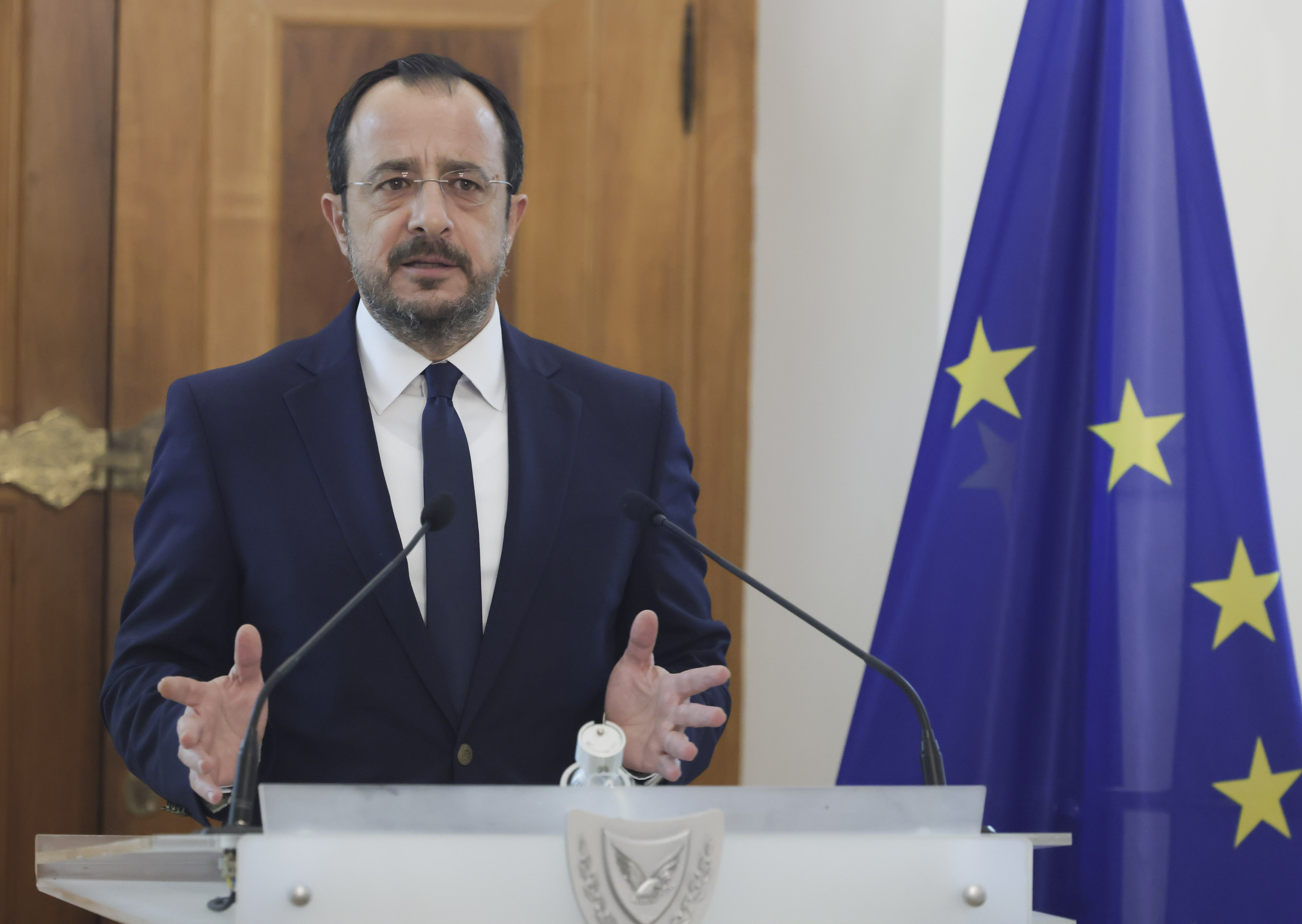President Nikos Christodoulides on Friday said Cyprus “cannot function in 2024 under the terms of 1960” in response to the audit office’s charge that the government’s plans to reform it are an effort to “manipulate” it and “gag the auditor-general”.
“We are not gagging anyone. This state was founded in 1960, and, well, it cannot function in 2024 under the terms of 1960,” Christodoulides said.
He added, “we all say with pride that we are a member state of the European Union. These standards, there are international and European recommendations. It is a regulatory programme.
“Those who are reacting, they should first listen to us, discuss with us, and we will listen to their opinions. We are here, but our state must evolve, modernise.”
He later offered reassurances that the planned reforms are “nothing personal”, and that “the state must advance, modernise, in all institutions.”
“Reactions are to be expected. More generally, as a people, we always react to changes, to modernisation, but when they listen to us, I am sure that any concerns they have will be put to rest,” he said.
He added, “the state must move forward, it cannot be stagnant.”
Christodoulides’ comments come after the audit office had on Thursday made no secret of its opposition to the government’s plans to update the service, saying its current model of operation is “provided for in a fundamental article of the constitution”.
“Yesterday’s decision by the cabinet obviously constitutes an effort to gag the auditor-general. The word modernisation is used by the government for communication purposes,” the audit office said.
It said the model Cyprus currently uses for its audit office is “the most successful worldwide”, and is used in countries including the United States, Canada, Australia and the United Kingdom.
“So, what is being attempted is not modernisation, but backtracking aimed at manipulation,” it said.
“The government wants to appoint three people it trusts, who will have the majority and will control the reports of the audit office – this is the substance of the so-called modernisation … We believe that everyone will realise that what is being attempted is unheard of.”
The audit office responded in kind to Christodoulides’ statements on Friday, saying, “the audit office has nothing to do with that of 1960. As international organisations have certified, we are already in 2024.”
“The government, without any consultation, declared, implemented, approved, and announced changes which concern us and which constitute a regression from international best practices,” they added.
Cabinet on Wednesday had approved a bill which would establish an ‘audit board’, which will be composed of the auditor-general, the deputy auditor-general, and three other people.
In addition, the bill foresees maximum term lengths for all five audit board members, including the auditor-general and deputy auditor-general.
The government said those arrangements are aimed at “further strengthening the independence, efficiency, and collegiality in the implementation of the audit office’s work.”
The matter had been raised at the House ethics committee’s meeting earlier on Wednesday, with discussions having centred around the European Commission’s annual report into the rule of law in Cyprus.
Justice Minister Marios Hartsiotis pointed out at the meeting that the commission had “positively evaluated” the government’s efforts thus far to “modernise” the legal service and the audit office, and that the commission had made no other citations in its report regarding the administration of justice in Cyprus.
Like with the audit office, cabinet approved a bill to change the legal service’s organisation, with this entailing a separation of the attorney-general and deputy attorney-general’s powers by establishing two new roles: those of a director of public prosecutions (DPP) and a deputy.
The government outlined that the attorney-general will remain as the state’s legal adviser and the head of the legal service, while the DPP and their deputy will undertake the attorney-general’s current responsibilities relating to public prosecutions.







Click here to change your cookie preferences